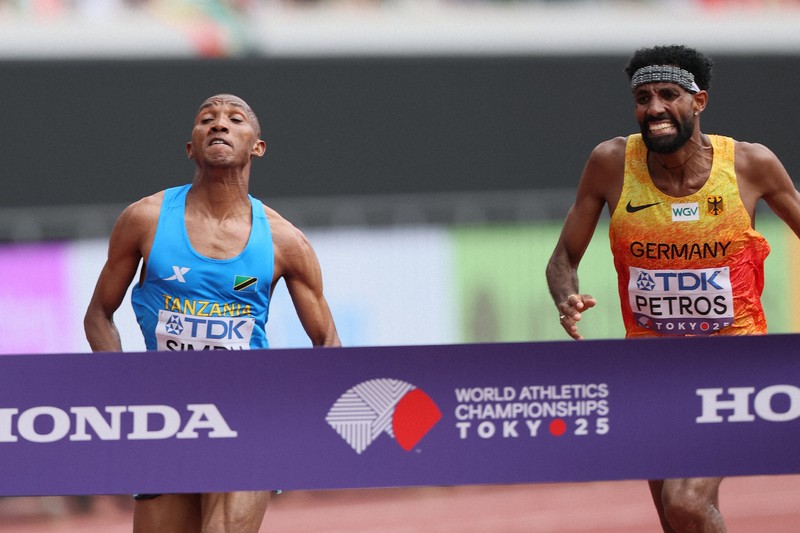A recent marathon event in Japan has ended in controversy due to a tie finish. Both runners clocked the same time, leading to a dispute over who's the rightful winner. The authorities have been grappling with a decision to resolve the issue, given the rarity of such instances in a marathon race. The articles delve into the complexities surrounding the determination of the winning runner and ponders the need for a strategy to handle such situations in the future.
For Japanese society, precision and fairness are paramount and this event challenges both values given the competition’s neck-to-neck outcome. As marathon running is a popular sport in Japan, a decision on the winner will not only influence the scores, but will also set a precedent for future races, thus significantly affecting Japanese sports culture and ethics.
In a similar scenario in the US or EU, the event would likely generate equally controversial discussions. Many Western marathons use the Chip Timing system which determines the winner based on when they cross the start and finish line, potentially avoiding such an issue. This situation could prompt further discussions in Japan about the implementation of similar advanced technologies.

